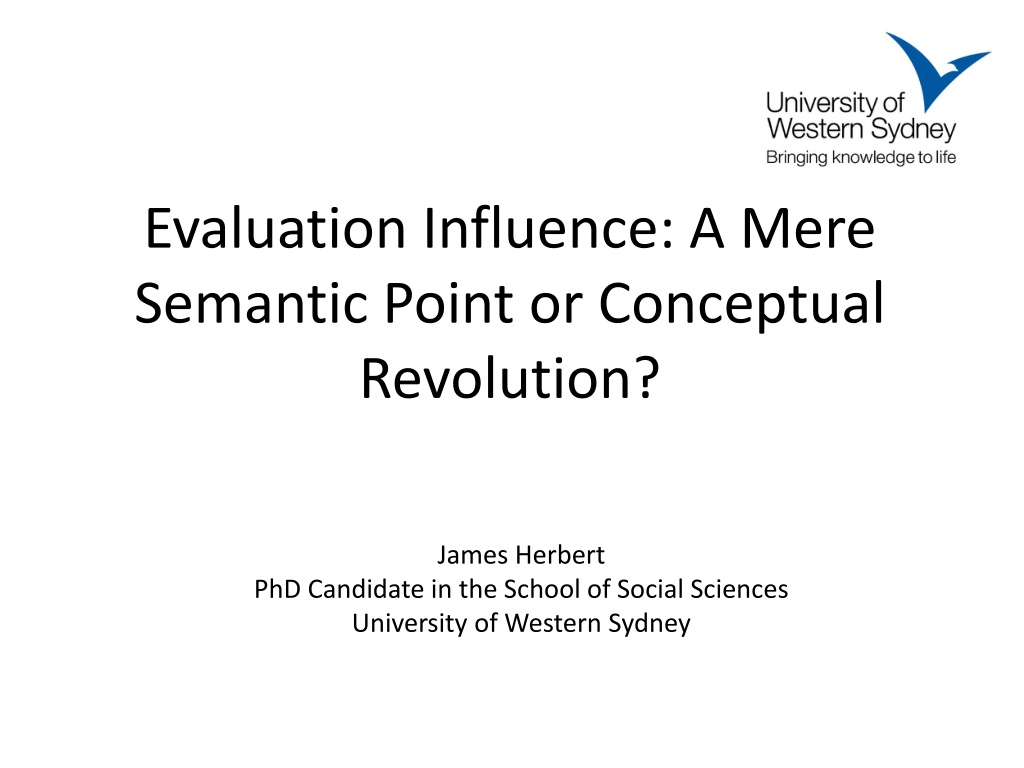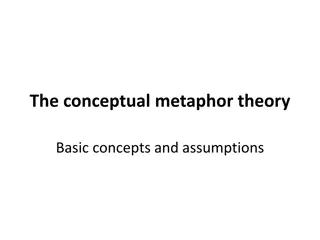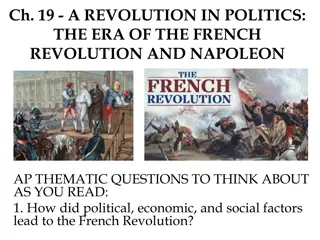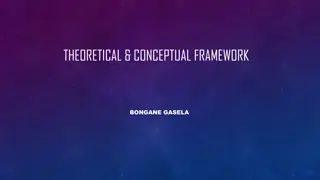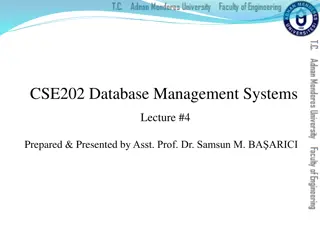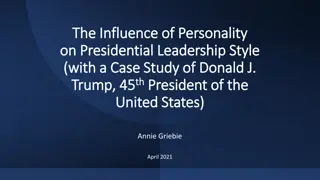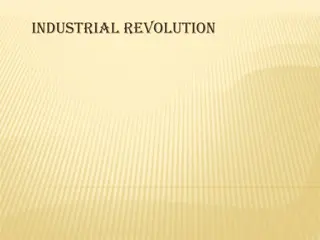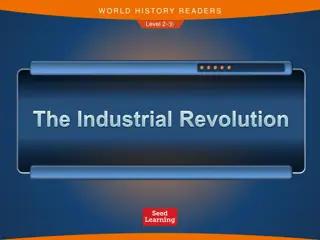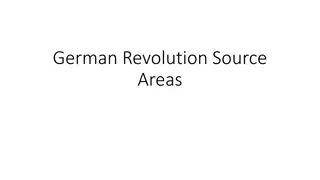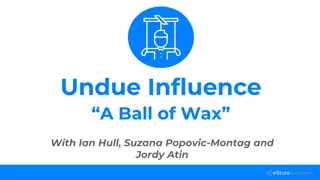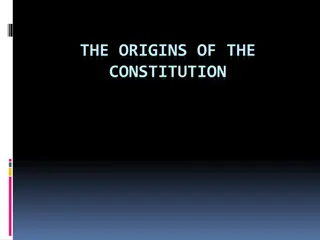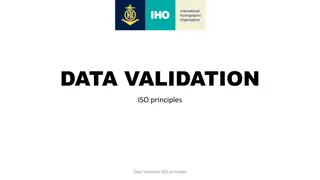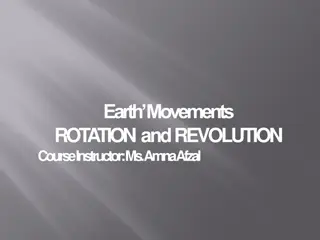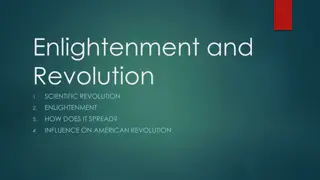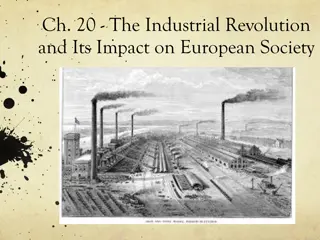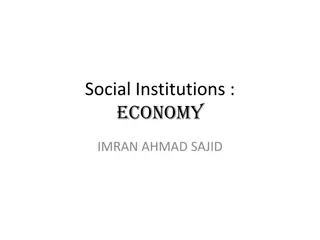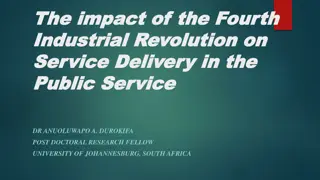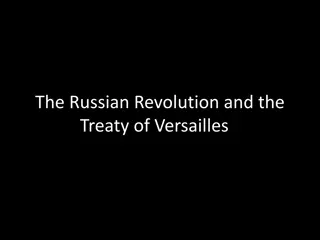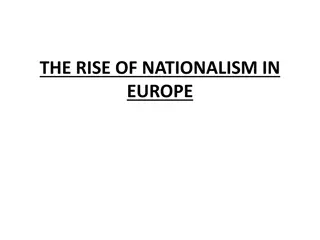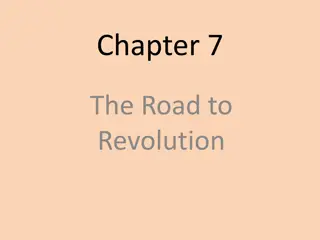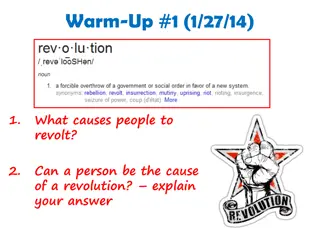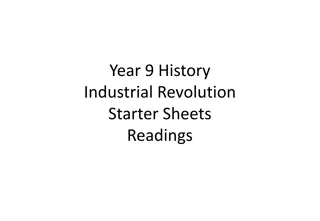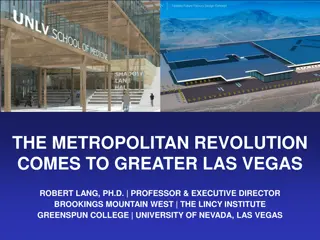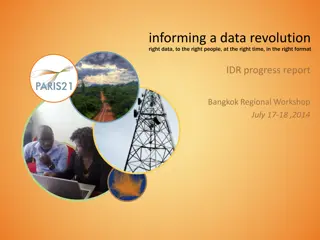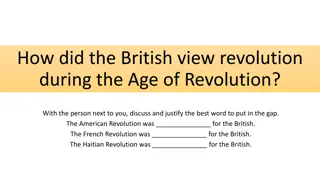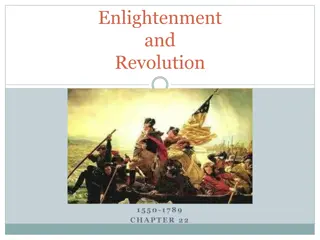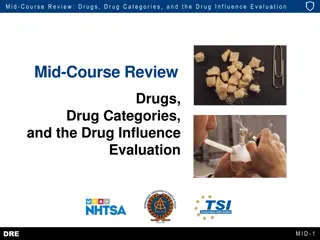Understanding Evaluation Influence: A Conceptual Revolution
Exploring the potential impact of influence as a conceptual framework in evaluations, this study delves into the mechanisms of change, the failures in affecting change, and the moral imperative for societal betterment. Various theories and processes related to influence are examined for their impact on individual and collective behavior change.
Download Presentation

Please find below an Image/Link to download the presentation.
The content on the website is provided AS IS for your information and personal use only. It may not be sold, licensed, or shared on other websites without obtaining consent from the author. Download presentation by click this link. If you encounter any issues during the download, it is possible that the publisher has removed the file from their server.
E N D
Presentation Transcript
Evaluation Influence: A Mere Semantic Point or Conceptual Revolution? James Herbert PhD Candidate in the School of Social Sciences University of Western Sydney
Evaluation Influence: A Mere Semantic Point or Conceptual Revolution? Influence has been suggested as a remedy to a number of issues identified with evaluation use. Influence is a conceptual framework that has potential to add to understanding about how and why evaluations effect change. While applied as a research approach in some studies, influence still lacks authority as a body of evidence to inform evaluation practice. The approach still has promise, but needs direction.
Utilisation Impact Use Symbolic Use Conceptual Use Influence Effect Results Use Process Use Imposed Use Instrumental Use
Why Study the Effect an Evaluation Has? Evaluation impact assessments. Planning evaluations around maximising or specific types of effects. Designing programs and organisations around best practice in the use of evaluation information
The Case for Influence Definition reflects the full impact of an evaluation. Systematic framework to consider specific mechanisms of change. The study of pathways of influence, including where evaluation fails to affect change. Moral imperative to affect social betterment.
Influence as a Theory of Effect Henry & Mark (2003) Individual Attitude Change Alkin & Taut (2003) Mark & Henry (2004) Kirkhart (2000) Salience Elaboration Priming Skill Acquisition Intention Intention Level of Analysis Behavioral Change Unintended Intended Unaware Unintended Aware Unintended Individual Interpersonal Aware Intended Interpersonal Justification Collective Persuasion Change Agent Source Source Social Norms Type of Process Result Process Result Minority-Opinion Influence Process/Outcome General Influence Collective Time Time Cognitive and Affective Agenda Setting Immediate Immediate End-Of- Cycle End-Of- Cycle Policy Oriented Learning Motivational Long-Term Long-Term Policy Change Behavioral Diffusion
Influence as a Theory of Effect Alkin and Taut s (2003, p. 9) model detailing the distinction between use and influence (adapted from Kirkhart, 2000)
Influence as a Theory of Effect Mark and Henry s (2004, p. 41) model of evaluation influence.
Influence as a Theory of Effect Mark and Henry s (2004, p. 46) model of evaluation influence.
Applying Influence Case Studies Influence by Scope Alexander (2003); Allen (2010); Cooksy & Caracelli (2005); Frey (2010); Morabito (2002); Poth (2008); Vanlandingham (2011); Weets (2008). Influence by Definition Bamberger (2004); Frey & Widmer (2011); Henry (2003); McEathron (2008). Kirkhart Benjamin & Misra (2006); Burr (2009); Rebolloso, Balthasar, & Canton (2005). Henry & Mark Cheng (2006); Cowley & Good (2010); Diaz-Puente, Yague, & Afonso (2008); Diaz-Puente, Montero, & Carmenado (2009); Fjellstrom (2007); Lehtonen (2010); Oliver (2008); Weiss et al. (2005).
Applying Influence in Researching the Effect of Evaluation Surveys of Influence Burr (2009); Christie (2007); Swanson & Barlage (2006). Citation Analysis Greenseid (2008); Greenseid, Johnson, & Lawrenz (2008); Swanson & Barlage (2006)
How Robust is the Literature? Research on influence by evaluators themselves? Variations in methodological quality. Reliance on self-report. Timing of periods of observation. Intertangling of threads of influence.
What Does It Mean for Evaluation Practice Consolidate existing literature. Consistent definitions and research procedures. Analysis of the viability of influence as a research approach Integration of knowledge from the use literature Development of a research agenda. Continued reflection on what influence means for practice.
Questions? A full list of references are available in my conference paper James Herbert School of Social Sciences University of Western Sydney j.herbert@uws.edu.au
